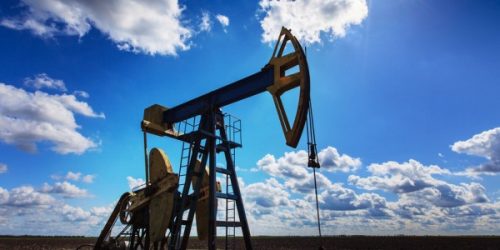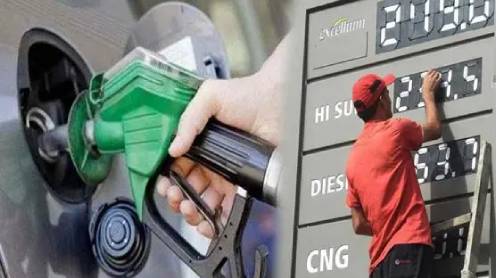The state of Texas and its taxpayers could be on the hook for paying up to US$117 billion for the cleaning-up of abandoned wells as a growing number of U.S. oil companies go bust, and the guarantees for paying for the cleanup cover only 1 percent of estimated costs, a report by climate finance think-tank Carbon Tracker showed on Thursday.
U.S. oil and gas producing states and taxpayers may have to pay in total as much as US$280 billion in cleanup costs, with Texas leading with US$117 billion, followed by Oklahoma with US$31 billion and Pennsylvania with US$15 billion, Carbon Tracker’s report says.
The US$280-billion estimate is for 2.6 million unplugged onshore oil and gas wells in the United States, while there may be another estimated 1.2 million undocumented onshore wells, Carbon Tracker said.
While operators are obliged to pay for the cleanup of oil and gas wells, the so-called surety bonds – the guarantee that the operator will indeed pay those costs – currently cover around 1 percent of the closure costs for plugging and cleanup of the wells, the think-tank said.
The growing number of defaults in the U.S. shale patch may put taxpayers “at risk of picking up costs in excess of available bonds,” Carbon Tracker said.
The lower-for-longer oil prices and the high debt levels of many U.S. oil companies resulted in as many as 16 filings for bankruptcy protection in the shale patch in July alone, bringing the total since the price crash to 50, the latest bankruptcy monitoring data from law firm Haynes and Boone showed at the end of August.
According to Carbon Tracker, “States can lower their orphan well liability risk and protect taxpayers by demanding higher bond rates and forcing companies to plug long-inactive ‘zombie’ wells. These actions will shift responsibility for oilfield cleanup costs to industry and also position states to qualify for U.S. federal aid.”





